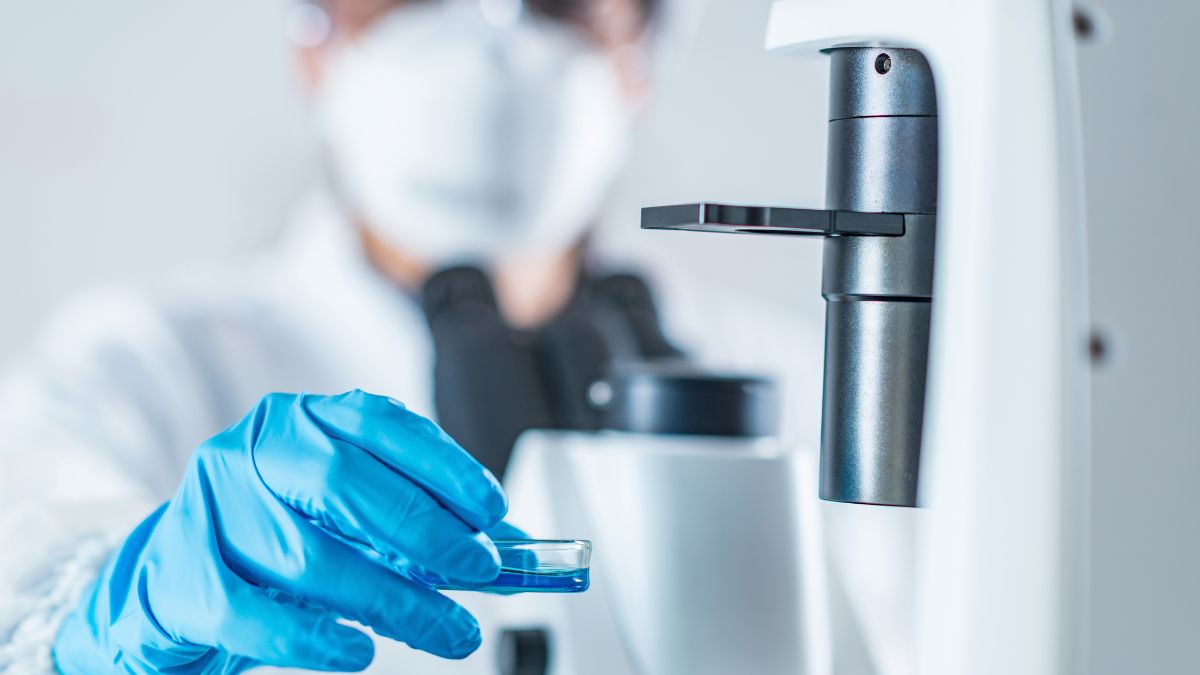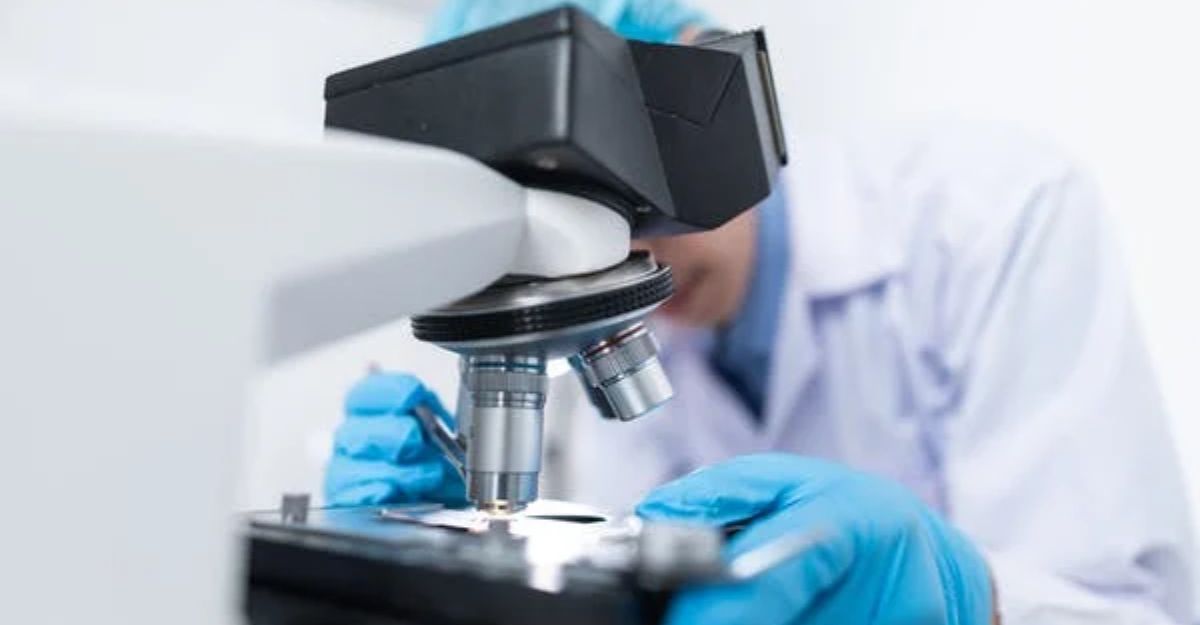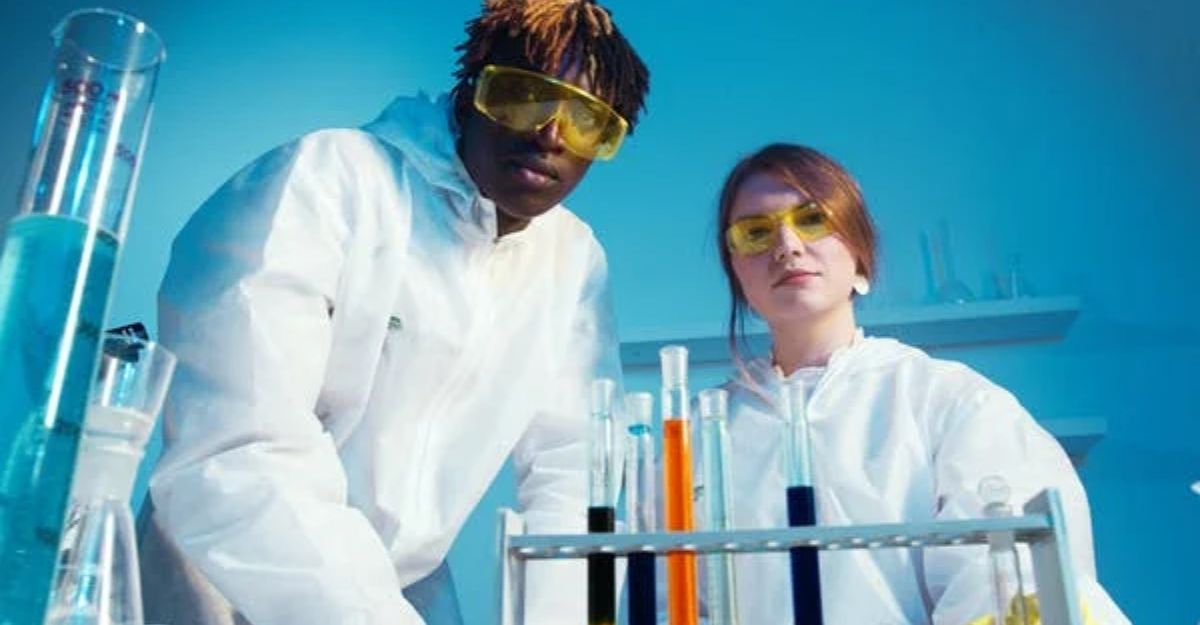Detailed Process of PhD in Biotechnology Admissions

Contents
- Eligibility Criteria for admission to PhD Biotechnology
- PhD in Biotechnology Course Overview
- Educational Requirement
- Why you should pursue PhD in Biotechnology
- Admission Process to PhD in Biotechnology
- PhD in Biotechnology Duration in Detail
- Application Process for PhD in Biotechnology
- How to Prepare for PhD in Biotechnology entrance exam?
- Scope of PhD in Biotechnology
Biotechnology is a Doctorate in Biotechnology that usually takes three to five years to finish. During this course, students must study Research Methodology, Scientific Communication, and Recent Trends in Biotechnology. In India, admission to PhD in Biotechnology is done through a centralized process. The Council of Scientific and Industrial Research (CSIR) and the University Grants Commission (UGC) jointly conduct the National Eligibility Test for Lectureship (NET) to determine the eligibility of Indian nationals for lectureship and Junior Research Fellowship (JRF) NET. The test is conducted twice a year, usually in June and December.
Eligibility Criteria for admission to PhD Biotechnology
To be eligible for admission to PhD Biotechnology in India, candidates must have a Master’s degree in Biotechnology or a related discipline from a recognized university. Candidates with a Bachelor’s degree in Biotechnology with first-class honors may also be considered for admission. Admission to Ph.D. Biotechnology programs is generally based on the candidate’s performance in a written entrance examination and an interview conducted by the department.
Candidates interested in pursuing a career in research and development in the biotechnology field can opt for this program. In addition, those who want to pursue higher studies and participate in advanced research projects can also choose this program. A PhD in biotechnology degree will open up many job opportunities for candidates in government and private sector organizations.
PhD in Biotechnology Course Overview
| Course Level | Doctorate |
| Full-form | Doctorate of Philosophy in Biotechnology |
| Duration | 3-5 years |
| Eligibility | PG degree in Biotechnology or Bioinformatics |
| Admission Process | Merit based |
| Course Fee | INR 10,000 to INR 1,50,000 |
| Average Salary | INR 3 LPA – INR 15 LPA |
| Job Positions | Professor, Biotechnical Researcher, Medical Coder, Associate Research Scientists, Biochemist, Medical Scientist, Microbiologist, Biomanufacturing Specialist, Product manager, Medical Communication Specialist, etc. |
| Top Recruiting Areas | Colleges & Universities, Medical Research Centres, Agriculture Sector, Pharmaceutical Industry, Research Centres, etc. |
| Top Companies | Wipro, Reliance, Ocimumbio, Jubilant Biosys, Tata Consultancy Services, IBM Life Sciences, Accelrys, BioMed Informatics |
Educational Requirement
- PhD in Biotechnology Admission is also done through various entrance examinations conducted by different Universities such as Jawaharlal Nehru University (JNU), Delhi University, Anna University, Osmania University, Pune University, etc.
- These entrance examinations are usually held in May, and the results are declared in June. Candidates who qualify for these entrance examinations must appear for an interview conducted by the concerned department/institute.
- Admission to Ph.D. in Biotechnology is also done directly in some institutes. In this mode, candidates who have cleared GATE, UGC NET, or any other national level entrance examination for Ph.D. are eligible to apply directly to the institute of their choice. They need to clear a written entrance examination and interview conducted by the concerned institute.
- Candidates who have completed their Master’s degree in Biotechnology with at least 55% marks (50% marks in the case of SC/ST/OBC candidates) are eligible to apply for a PhD in Biotechnology.
- Candidates who have cleared GATE, UGC NET, or any other national level entrance examination for PhD are exempted from NET.
Why you should pursue PhD in Biotechnology
There are many reasons to study PhD in Biotechnology, including the opportunity to contribute to important scientific research, the possibility of working in a cutting-edge field, and the potential to earn a high salary.
Biotechnology is a rapidly growing field with important implications for the future of medicine, agriculture, and the environment. As a result, there is a great need for qualified biotechnologists who can help advance this vital area of research.
A PhD in Biotechnology will prepare you for a career in this exciting and important field. You will gain advanced knowledge and skills in molecular biology, genetics, and other relevant disciplines. This will enable you to make significant contributions to scientific research and development.
In addition, a PhD in Biotechnology can lead to a high-paying career in the private sector. Many biotechnology companies are eager to hire qualified individuals with advanced degrees. As a result, you can earn a very competitive salary if you pursue a career in this field.
Admission Process to PhD in Biotechnology
The admission process for PhD Biotechnology in India generally comprises a written entrance examination and an interview conducted by the department. Candidates who have cleared the entrance examination with good marks are shortlisted for the interview. The final selection of candidates is done based on their performance in the entrance examination and interview.
List of Top Biotechnology Colleges in India.
PhD in Biotechnology Duration in Detail
The minimum duration for the Ph.D. The biotechnology program is three years, and the maximum duration is six. The program’s first two years are devoted to coursework and research seminars. Candidates will have to complete a minimum of 18 credits of coursework. The remaining time is spent on conducting independent research under the supervision of a faculty member and writing a thesis.
Candidates enrolled in the Ph.D. Biotechnology programs will be required to take up teaching assignments as part of their training. They will also have to participate in departmental activities such as colloquia, journal clubs, and symposia.
Application Process for PhD in Biotechnology
- Application: The first step in the application process is to complete the application form. You may now proceed with the admission procedure’s remaining stages after successfully submitting the application form.
- Entrance Exam: Most institutions use the entrance examination to determine who gets in. The college authorities determined the entrance test’s cut-off.
- Group Discussion and Personal Interview: Some institutions also conduct personal interviews. Candidates will be chosen based on their performance during the interview.
- Enrollment: The final stage of the application process is being accepted to the institution. They must supply all relevant documents and pay any necessary fees.
How to Prepare for PhD in Biotechnology entrance exam?
- You’ll need to study the curriculum and pattern of the exam, which is quite extensive, so prepare for the test a few months before.
- Make a to-do list of subjects and rank them in order of importance, based on the grades assigned to them, then make a timetable with the distribution of topics and study them in order of priority.
- You should use a few excellent reference books throughout the preparation process. And after studying all of the reference book syllabi, you may attempt as many mock test questions as possible to see whether your study is at the top level or not.
- Finally, attempt to solve as many past Ph.D. entrance examinations as possible since this will provide you a sense of the difficulty level and how many hours you should devote to each type of question.
Scope of PhD in Biotechnology
- Biotechnology is a broad field that has grown into a demanding business in recent years.
- It has likewise drawn a large number of multinational firms, owing to its position as an offshoot of high-tech biological disciplines.
- There are several scopes open to people after a PhD nowadays. Biotechnology, for example, includes developing better medical testing and diagnostic methods, producing new crop plants and animal species, and creating pharmaceutical goods to cure or manage a variety of human illnesses.
- PhD students can work in both government and private schools and colleges. They can also participate in government- and private-sector research facilities.
- They may apply for a DSc degree in various fields if they wish to continue their education. However, to be eligible for a DSc, candidates must do further research after completing their PhD.
You can apply for various Government Jobs for Biotechnology afterwards.







